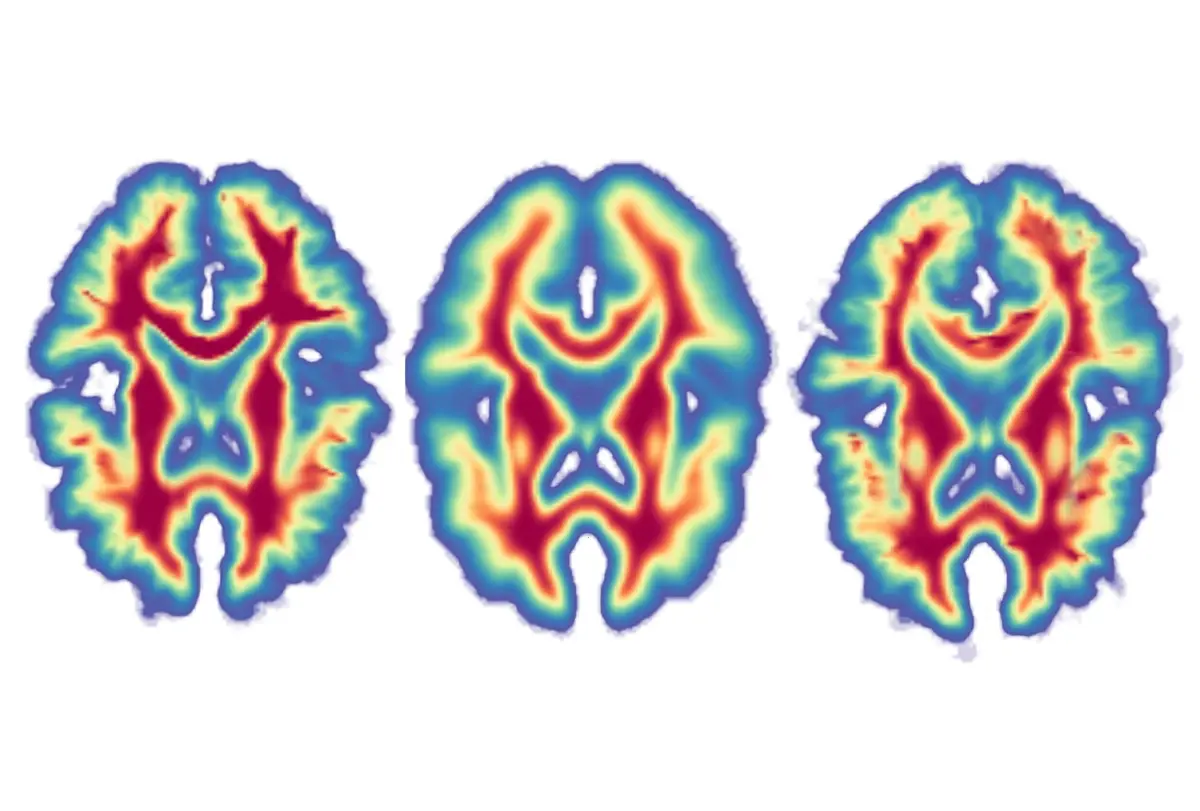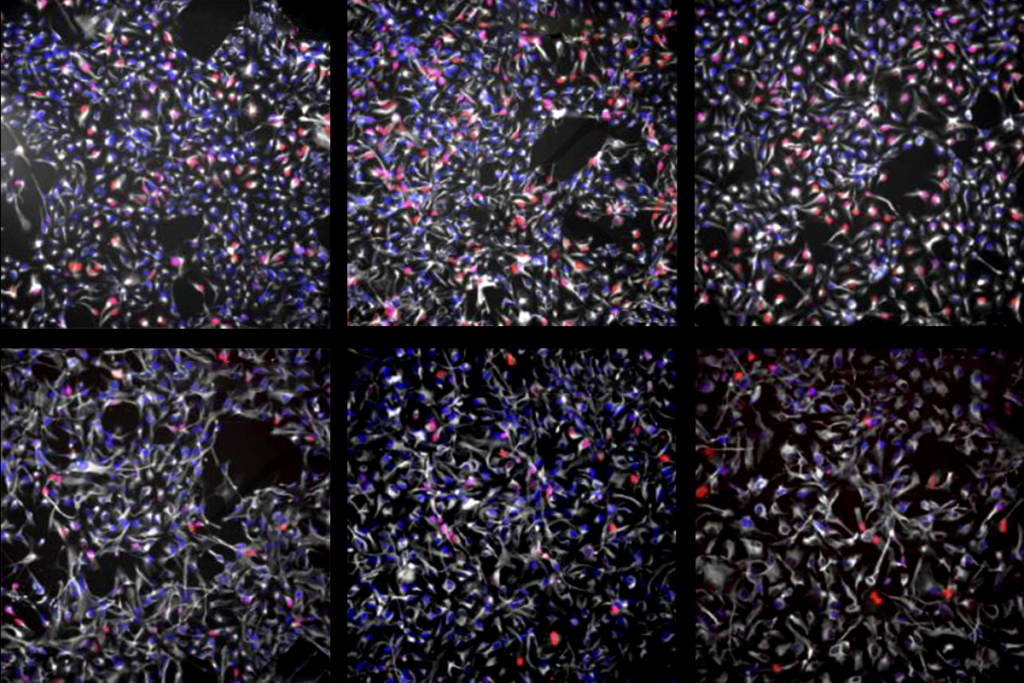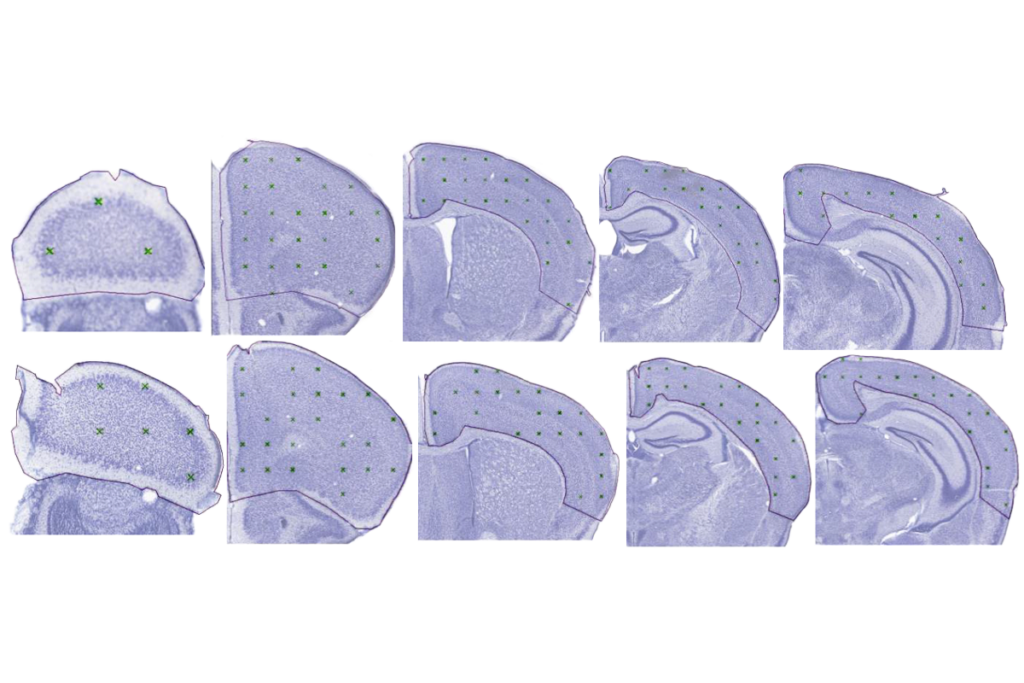- The double-empathy problem—used to explain communication difficulties between autistic and non-autistic people—is not evidence-based, due to flaws in research design and interpretation, three psychologists argue. The Conversation
- Gene expression and chromatin accessibility are altered in a cell-type-specific way in people with the autism-linked condition dup15q syndrome, according to a preprint. bioRxiv
- Sex-based differences in gene transcription may explain sex biases in the prevalence of neurodevelopmental and neuropsychiatric conditions. Biology of Sex Differences
- Mice with functional loss of the autism-linked gene MEF2C, which plays a key role in the development of GABA-containing interneurons, show altered cortical activity and autism-like behaviors. Biological Psychiatry
- A machine-learning approach to assess brain structural patterns associated with copy number variants of the 16p11.2 chromosomal region may aid characterization of gene-behavior relationships. Science Advances
Double-empathy problem; dup15q syndrome; myelin loss in aging autistic adults
Here is a roundup of autism-related news and research spotted around the web for the week of 17 June.
By
Jill Adams
18 June 2024 | 2 min read

Structural changes: People with deletions (left) or duplications (right) in the 16p11.2 chromosomal region show increased or decreased white-matter density, respectively, compared with controls (center). Red indicates a relative increase in density; blue indicates a decrease.
- Transcription regulators encoded by five autism-linked genes often target the same or overlapping binding sites on chromatin. Cell Reports
- Loss of myelination in older adults with autism shows a lot of variability, likely reflecting diverse life histories. Brain and Behavior
tags:
Recommended reading

INSAR takes ‘intentional break’ from annual summer webinar series
By
Lauren Schenkman
30 June 2025 | 4 min read

Dosage of X or Y chromosome relates to distinct outcomes; and more
By
Daisy Yuhas
24 June 2025 | 2 min read
Explore more from The Transmitter
Xiao-Jing Wang outlines the future of theoretical neuroscience
By
Paul Middlebrooks
2 July 2025 | 112 min listen

Memory study sparks debate over statistical methods
By
Katie Moisse
2 July 2025 | 5 min read

Attention not necessary for visual awareness, large study suggests
By
Kristel Tjandra
1 July 2025 | 5 min read
Cite this article:
